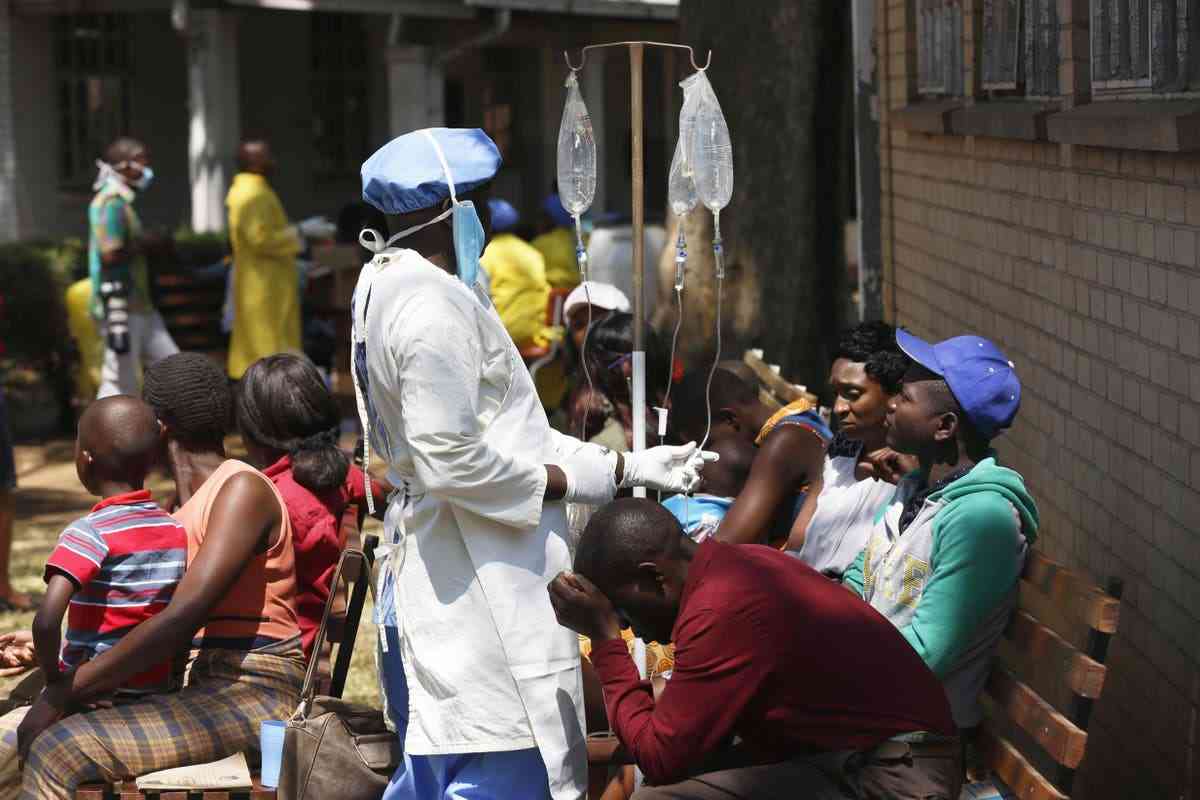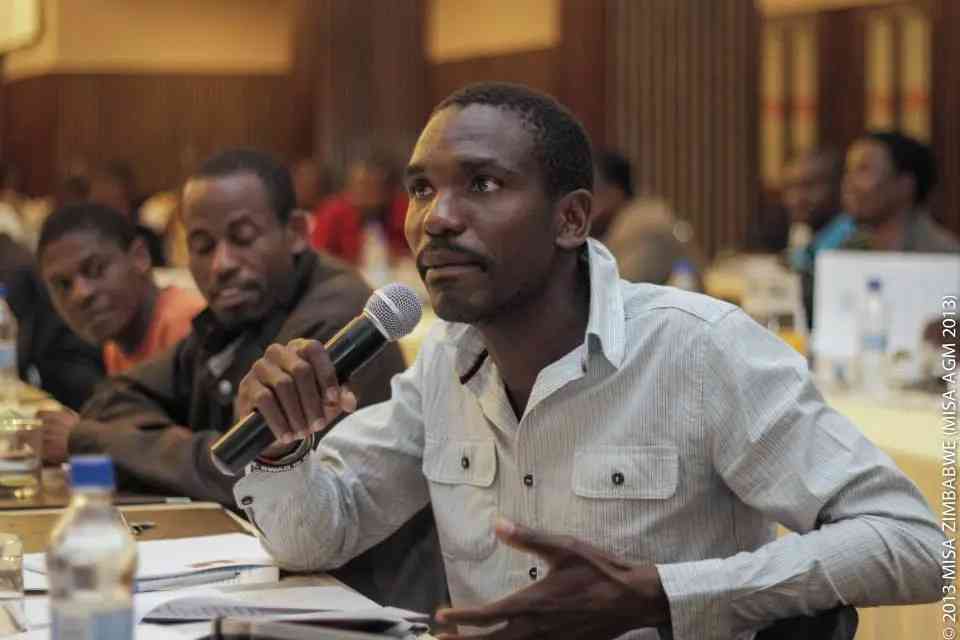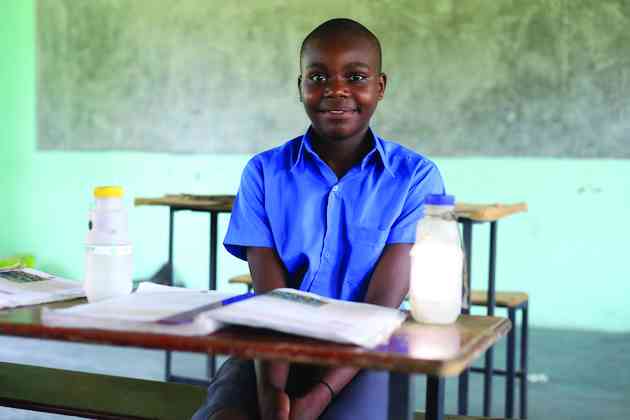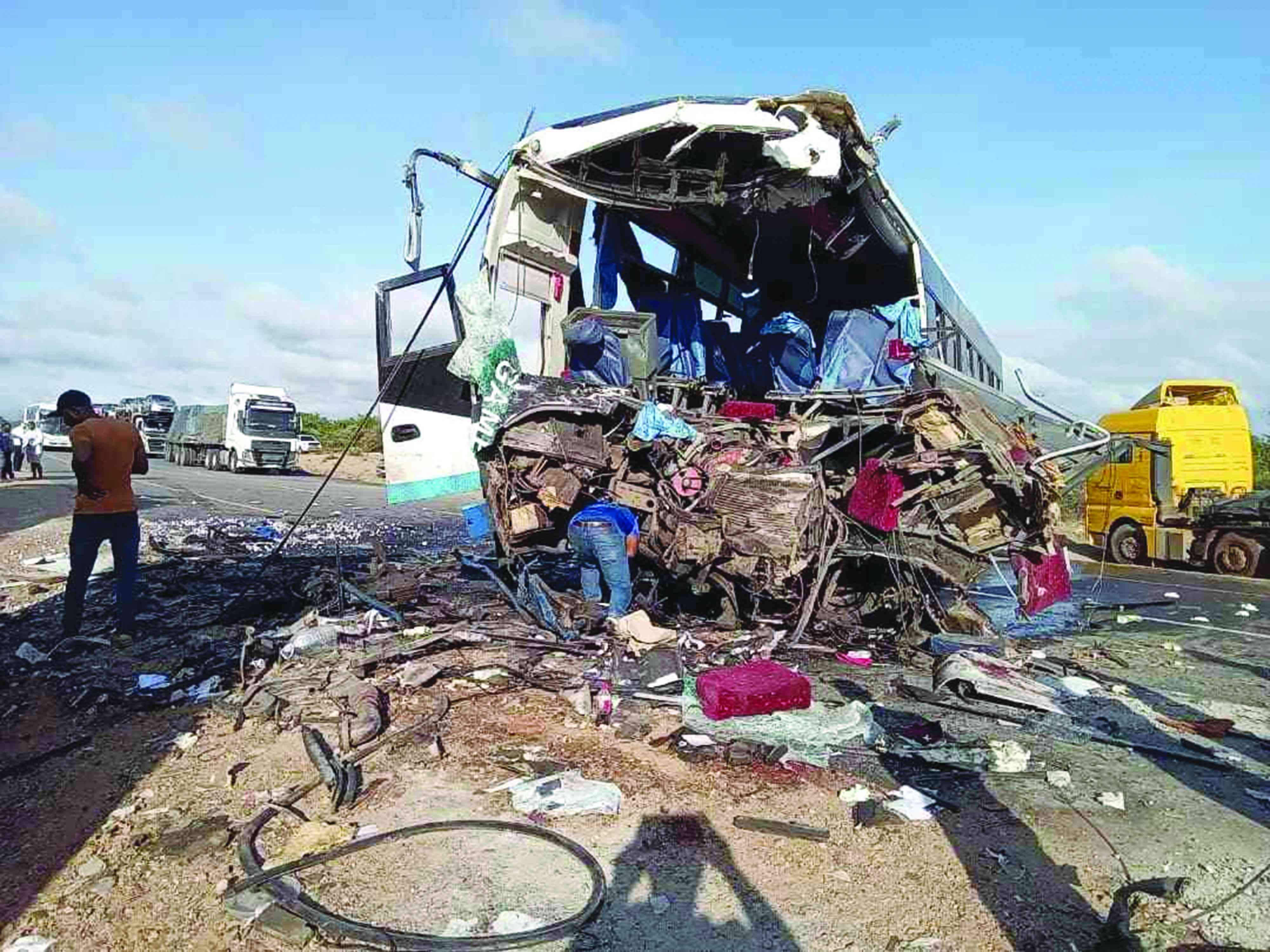
Accelerating transformation, “solving the water and sanitation crisis,” and “leaving no one behind,” according to the African Development Bank, requires bold policy initiatives and investments to ensure that Africa's people have access to safe and cheap drinking water and sanitation by 2030.
This entails going above and beyond normal business practices in achieving SDG 6 commitments and changing how water is managed and utilized.
It also entails improving sector governance and political commitment, promoting innovative practices (such as citywide inclusive sanitation), technologies for increasing user efficiency, bolstering human and institutional capacity, expanding infrastructure investments, and optimizing access and use of finance, as well as strengthening partnerships between water and related sectors such as agriculture, energy, and climate change, where water is critical for progress.
Water is a critical resource that has a direct impact on Africa's economic potential: a lack of access to safe water, sanitation, and hygiene services decreases economic opportunities.
One in every three Africans is afflicted by water scarcity. According to the WHO/Unicef report for 2022, 411 million people in Africa still lack adequate drinking water service, 779 million lack basic sanitation facilities, and 839 million lack basic hygiene.
According to Unicef, one of the deadliest cholera epidemics to hit the continent in recent years is currently affecting 14 nations in Africa.
Malawi, Mozambique, Somalia, Kenya, Ethiopia, Zambia, South Sudan, Burundi, Tanzania, Zimbabwe, and South Africa all have 28 million people in need.
Most of the outbreak-affected countries are in Africa, where natural calamities like flooding and drought have occurred. According to the WHO, other factors include a lack of access to clean water, war, difficulty accessing healthcare, and the growth of informal settlements.
- Open letter to President Mnangagwa
- Feature: ‘It’s worse right now than under Mugabe’: Sikhala pays the price of opposition in solitary cell
- Masvingo turns down fire tender deal
- Human-wildlife conflict drive African wild dogs to extinction
Keep Reading
Cholera has reportedly made a catastrophic comeback after years of steady decrease, according to Unicef. Over 1.1 billion people are now at risk due to a lethal confluence of armed conflict, underinvestment in WASH services, and climate change, with children under five being especially at risk.
To handle the worldwide cholera catastrophe, Unicef developed the worldwide Cholera catastrophe Cell. The Cell directs partner coordination, supervises Unicef’s response coordination, and offers technical help to nations.
Ingesting food or water infected with the bacteria Vibrio cholerae can result in cholera, which is an acute diarrheal infection, according to the WHO.
As a sign of inequality and a lack of social progress, cholera is still a threat to public health on a global scale.
Children under the age of five who have “severe wasting” are more vulnerable to cholera, according to Unicef. Wasting happens when children are malnourished and underweight for their height.
According to Unicef, “cholera and other diarrheal diseases are over ten times more lethal in severely malnourished children.”
Cholera is a highly contagious disease that causes severe acute watery diarrhoea. After consuming infected food or water, symptoms can appear between 12 hours and 5 days later. As stated by the World Health Organization, cholera affects both children and adults and can kill within hours if left untreated.
Most people infected with V. cholerae do not have symptoms, but the germs remain in their feces for 1-10 days after infection and are shed back into the environment, potentially infecting others.
Investment in water supply and sanitation facilities in Africa often yields a range of economic, environmental, and social benefits.
Access to safe drinking water and sanitation minimizes health risks and frees up time for schooling and other useful pursuits, while also increasing labor force productivity. Safe wastewater disposal helps to improve the quality of surface waterways, which benefits the environment (e.g., ecosystem functioning; biodiversity) as well as economic sectors that rely on water as a resource (e.g., fishing, agriculture, tourism).
The benefits of providing basic water supply and sanitation services, such as those specified by the Millennium Development Goals (MDGs), are enormous and considerably outweigh the expenses.
For example, meeting the MDGs for water and sanitation would create US$ 84 billion in benefits each year, with a benefit-to-cost ratio of 7 to 1. Three-quarters of these advantages result from time savings, i.e. time saved by not having to walk vast distances to get water or line at the source.
The majority of the other advantages are associated with a reduction in water-borne infections, such as a lower incidence of diarrhoea, malaria, or dengue fever. Water, sanitation, and hygiene initiatives could avoid nearly 10% of the worldwide disease load.
Investing in African health systems has the potential to accelerate economic development and growth, save millions of lives, prevent life-long disabilities, and move countries closer to achieving national poverty reduction strategies and the Millennium Development Goals (MDGs).
Tedros Adhanom Ghebreyesus, Director-General of the World Health Organization, has long urged African nations to invest in healthcare infrastructure in order to save lives.
“We must invest in health-care systems so that everyone, regardless of where they live or how much money they have, has access to high-quality care.”
This is not only the right thing to do, but it is also the intelligent thing to do. “Investing in health is an investment in people, economies, and societies,” he explained.










